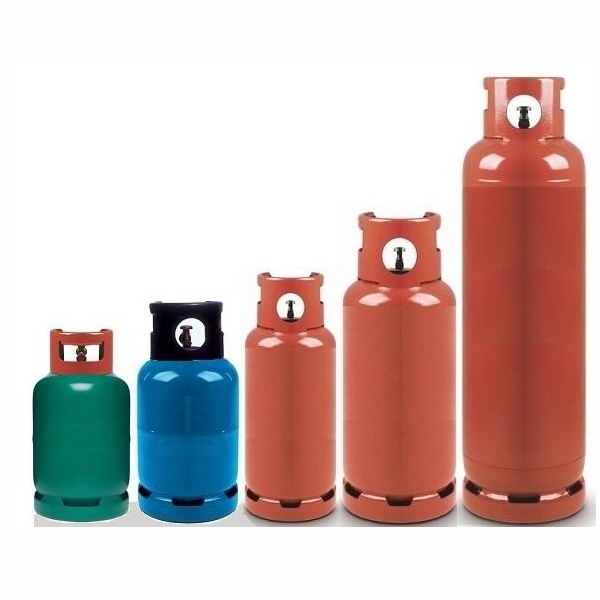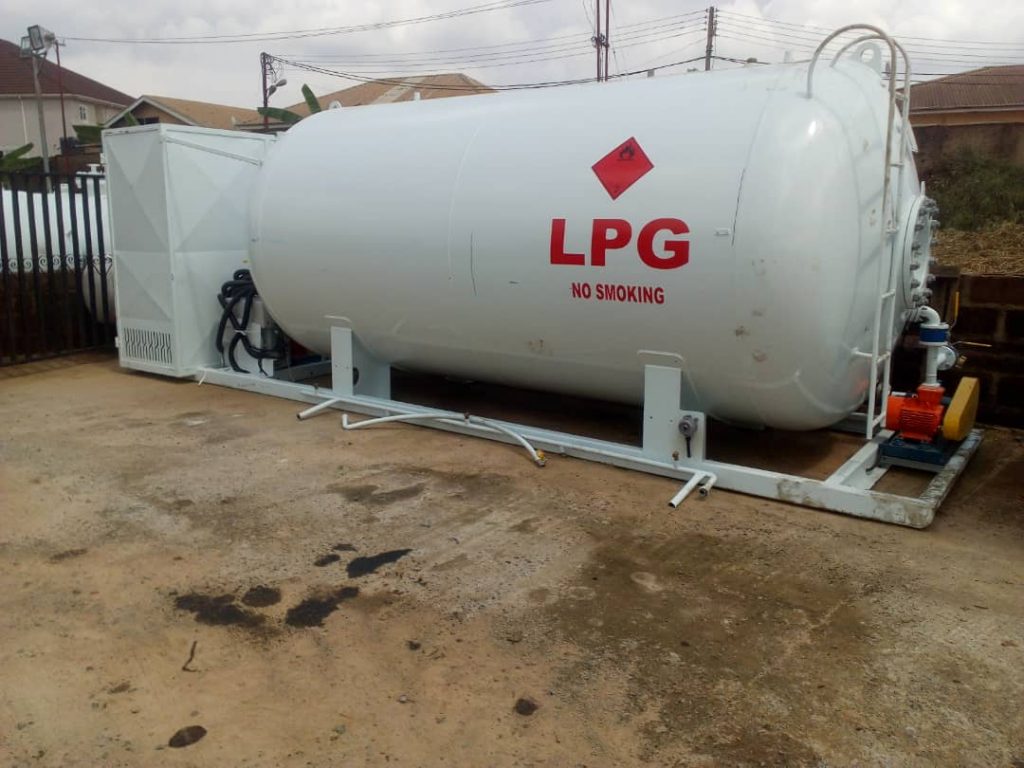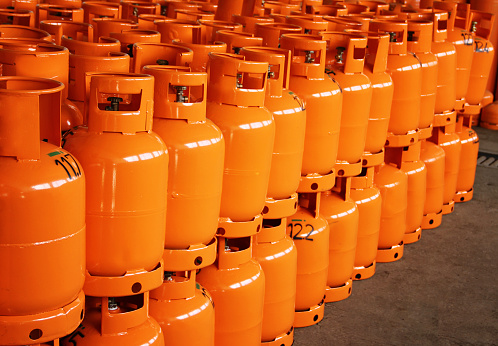As Nigeria contends with its myriad of challenges as a developing nation, a critical sector that has been addressed by the National Assembly is the Petroleum Industry, which is the main source of the country’s revenue.
The nation is endowed with about 37 billion barrels of crude oil and 187 trillion cubic feet of gas and currently rated as the sixth largest exporter of crude among the Organization of Petroleum Exporting Countries (OPEC) members and seventh largest gas reserve in the world.
For Nigeria to maximize the huge reserve base/resource endowment as a major player among its peers, deliberate moves have been made by the National Assembly to regulate the Petroleum sector, through the Petroleum Industry Governance Bill, PIGB, which has been passed into law by the senate.
It has amongst others to do with how the host communities can have practical benefits from oil exploration. In it, certain percentage of the income is to be set aside for the development of the oil producing region and give room for the involvement of the people in equity participation in ownership.
The passage of the PIGB by the senate has continued to receive commendation especially with respect to the gas flaring prohibition bill because of the health hazard associated with gas flaring.
A lot of lives would be saved from untimely death arising from attendant hazards of gas flaring. Besides stopping the menace, it will create jobs for the people and the ecosystem will also be purified.
The new legal framework would help to address issues bothering on extant obsolete legal framework, institutional decay, inefficient regulatory entities, decline revenue and Niger Delta crisis amongst others.
This law is expected to bring government aspirations towards 4million barrel per day oil production, 40 billion bbl crude oil reserve, power road map delivery and robust long term revenue stream to fruition.
It will also establish guidelines for the operation of the upstream and down sectors and for purpose connected with the same as well as provide deep analysis on how best to address the endemic challenges in the nations oil and gas industry.
The new law which also seeks to unbundled the Nigeria National Petroleum Corporation, NNPC will provide employment for teeming Nigerians and reduce the influx of expatriates who are employed to jobs that average Nigerian experts can do as well as enhance technology transfer and industrial development of the country.
As part of its oversight functions, the senate committee on Gas, led by its chairman, Senator Bassey Albert Akpan were on a site tour of one of Nigeria’s indigenous firm, Pan Ocean Oil Corporation in Ovade-Ogharefe, Delta State recently to find out the true situation of what is going on in that sector based on some reports they received from members of the public.
The chairman remarked that the PIGB was passed into law to tell the world that it is no longer business as usual with regards to surmounting the insurmountable in the petroleum industry and to reassure people in the Niger Delta region that the host communities’ bill will take care of their agitations.
In his words, “the legislature is changing the oil industry by engaging all stakeholders and focusing at Nigeria’s domestic gas market. We are impressed with what we have seen in Pan Ocean Oil Corporation because it is the only indigenous company that has complied with the PIGB. If we continue to deplore the gas that are been flared for domestic use, it will help us more. We are here based on some complaints we got and we decided to come and see things for ourselves.”
While on the site tour, the members of the senate committee on Gas was particularly excited with the fact that throughout the exercise which took them to the phase one and two of the plant they only saw one expatriate while the other staffs were Nigerians.
Apparently satisfied with what they saw, Senator Akpan said the investment in the gas plant was quite commendable because this are issues left in the hands of expatriates, but now they saw only one.
It was learnt from the Base Operations Manager, Engr. Monday Ikhiureigbe that Pan Ocean was the first to comply with the gas flare out in the country and as such the company has been able to deploy the gas for domestic use as part of the project to ensure zero flare.
The Senators who were at the Gas Processing Plant, GPP where the liquid is separated from the Gas, were informed that 68,000 cylinders of cooking Gas will be generated daily from this plant and distributed around Nigeria when the plant commence production from the third quarter of this year.
It was also learnt that the construction of the plant which started in 2012 initially had some challenges which have been over come and major installation now going on to enable the plant run at full capacity.
At the Liquefied Petroleum Gas Plant, LPG, Engr. Yinka Afolayan, Assistant Manager Gas Plant, explained that without the GPP Section the LPG does not exist and over seventy trucks are expected to be loaded from here on a daily basis. However, the number of trucks will depend on the size of the trucks.
Apart from the cooking Gas, there are other products such as propane which is valuable as industrial produce, butane and condensate are also expected to come out of this plant.
The senators were also at the loading plant where massive construction work was going on to meet the deadline for the commissioning.
The Chairman of the Senate Committee on Gas, while thanking the management of Pan Ocean Corporation for their effort to domesticate Gas utilization remarked that the time has come for Nigerians to collectively sit down to right the wrong of the past and he enjoined the company to keep to the completion date of the project as the nation await the assent of the presidency on the PIG law.
“We are impressed with what we have seen. We are here to protect the interest of the people. This is part of the project to ensure zero flare” he noted
The project manager, Engr. David Abodunrin who took the senators round the site and later made a project presentation commended the Nigeria National Petroleum Corporation (NNPC) for being alive to their responsibility to ensure the success of the project, and he assured that by the fourth quarter of this year, the project with a current cost of 607 million Dollars will be commissioned even though the LPG is slightly behind schedule due to the massive welding works going on and other logistic problems.




